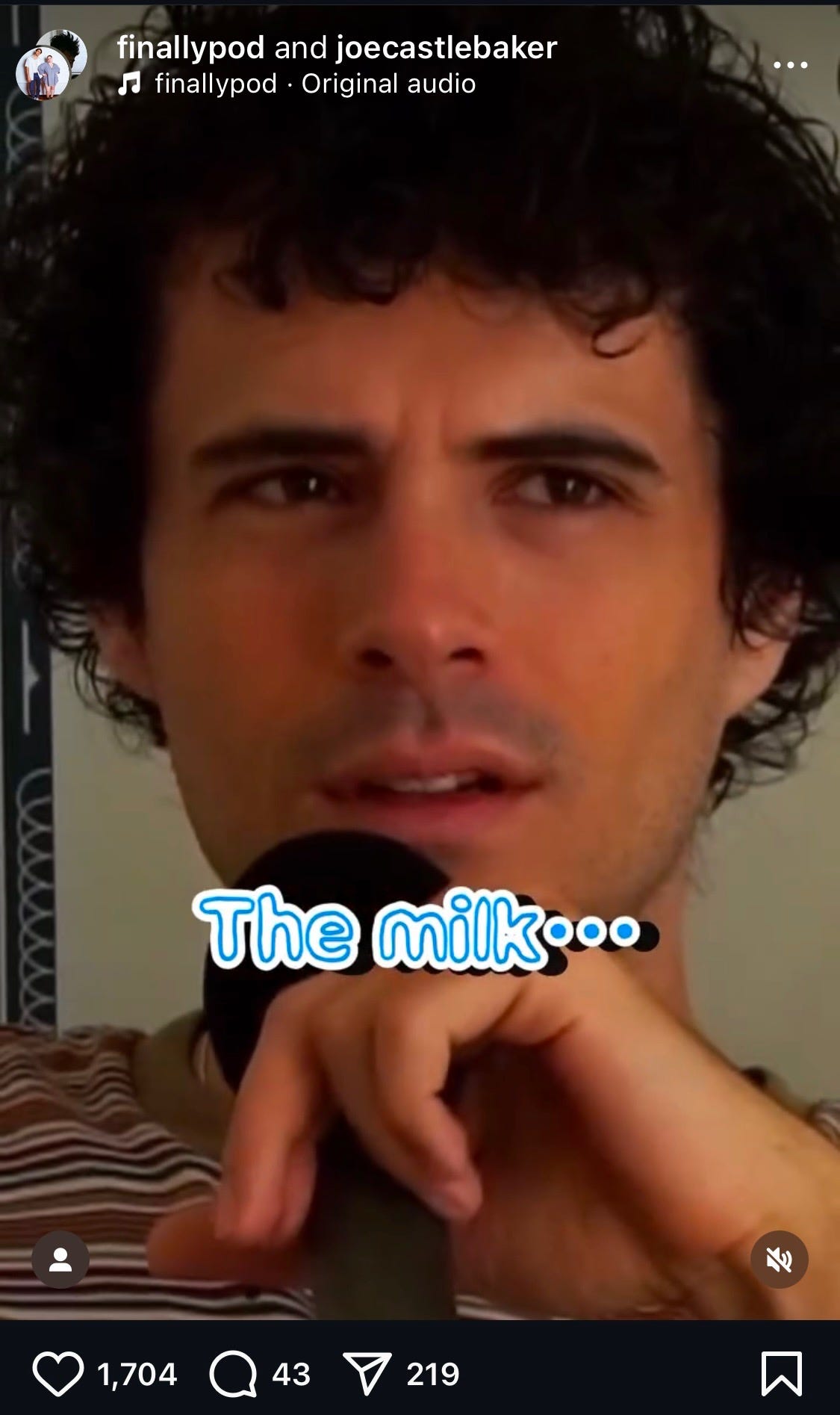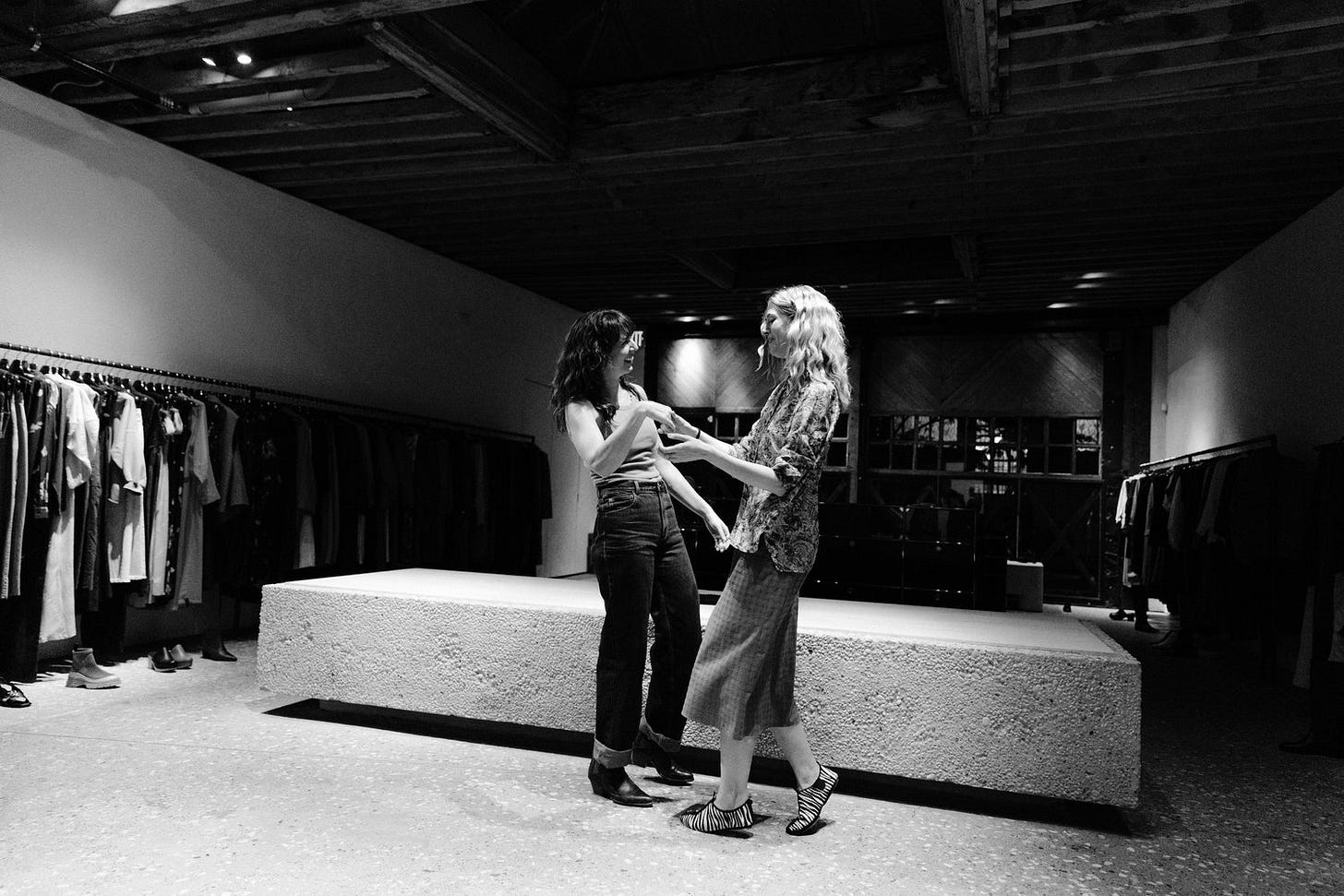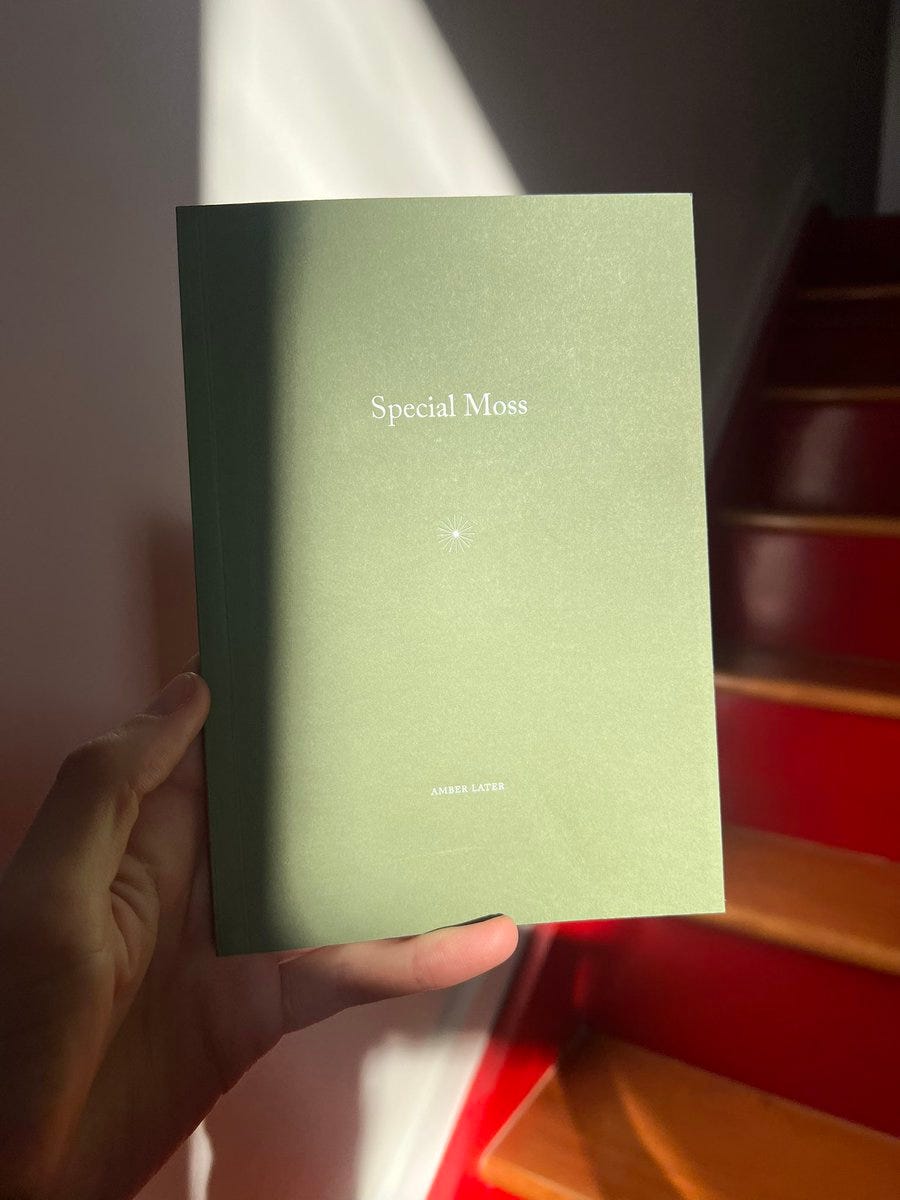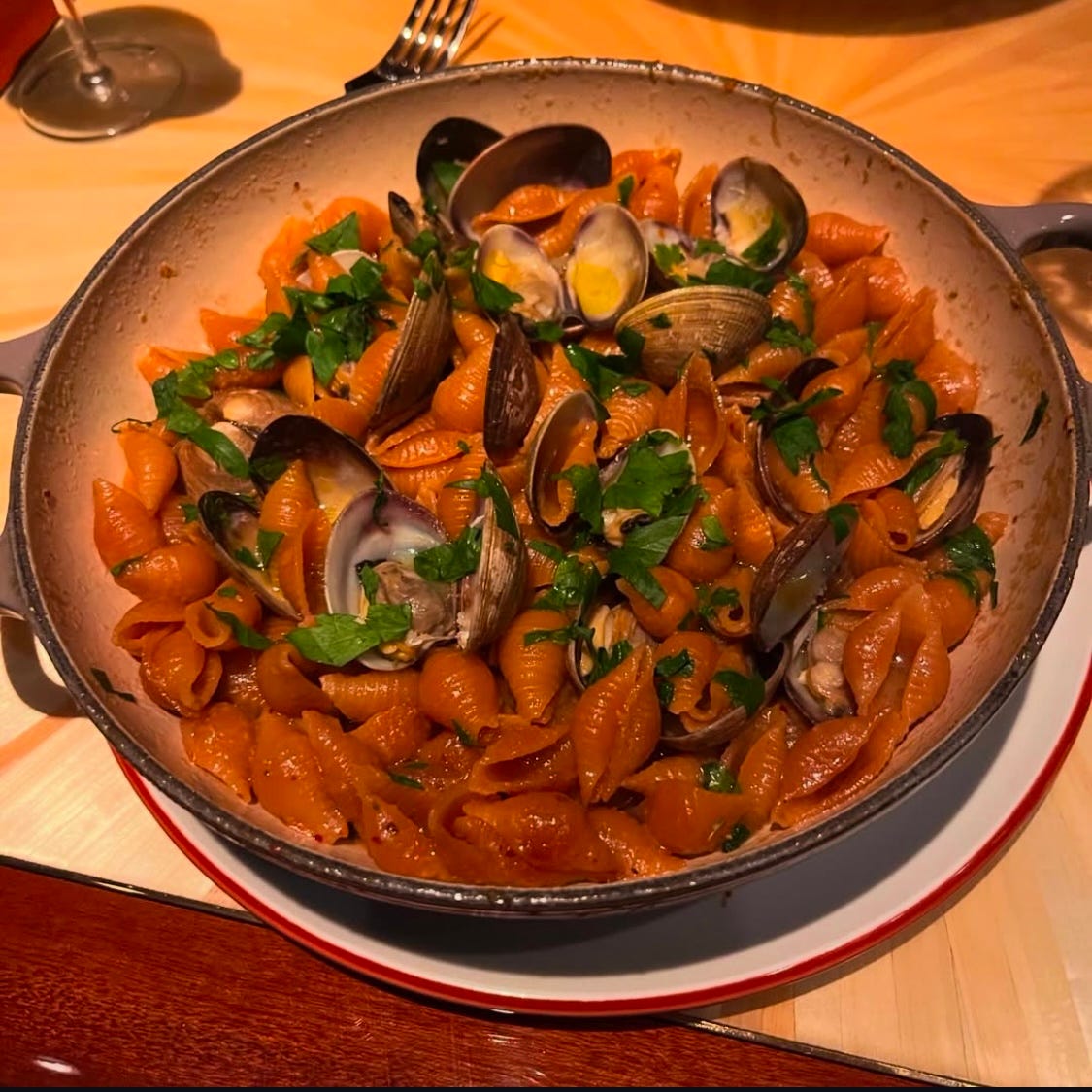The cultural landscape is bleak. I feel like everything keeps getting stupider, and the material forces shaping what can happen artistically are grim (I practically have to force myself to look at Ted Gioia’s Substack). But there are still things out there that surprise, delight, and move me, and I thought it would be worthwhile to share them here. My highlights of 2024 are:
Conner O’Malley. His hourlong movie Rap World is an accessible entry-point for anyone unfamiliar with him — a simultaneously compassionate and merciless exploration of the narcissistic dynamics that can underlie art-making. But it’s Conner’s more radical mining of psychosis for his individual comedy, both live and in short YouTube videos, that sets him apart. I saw him at Town Hall this year, where he bravely and disturbingly mashed together the madness of internet sexuality and the perversity of the neoliberal superego. He truly captures the despair of our era.
Joe Castle Baker. 2024 saw the loss of Joe Castle Baker’s hilarious podcast, Finally, which he hosted with Grace Kuhlenschmidt. Each week they’d choose a random topic (“Umbrellas,” “Cruises,” “Detention,” etc) and riff on it, bringing home that one of the real joys of life is the shared processing of our strange, diverse reality. By choosing topics a good distance from hot-button political issues, Finally offered a respite from our rigid cultural debates. Joe’s comic work on Instagram and with his Jessi Rihanna character live on, though, and his surreal improvisations around cultural trends and groupthink create a sweet and absurd “outside” to the mainstream.
The Streetcar Project. In October, I interviewed Nick Westrate about his four-actor, go-anywhere Streetcar Named Desire (pictured below: the Rachel Comey store, Soho) for American Theatre Magazine. Just as inspiring as his grounded, intimate rendering of Tennessee Williams’s play was his figuring out a producing model outside of New York’s moribund non-profit system. Only time will tell if this model is reproducible and sustainable, but even if The Streetcar Project is as far as he gets, his and his collaborators’ achievement is significant.
Special Moss. “Distrust in medicine is never wrong.” So begins the title story in a bracing debut collection from Amber Later. Later’s style can evoke fairy tales, but never at the expense of deep, grounded insight into the psyche. Stories that begin with whimsy deepen almost imperceptibly into the existential and the tragic. There is an idiosyncratic and mysterious quality to her work that suggests grander visions ahead.
The Otter. I first became aware of Alex Stupak as a pastry chef at wd~50, Wylie Dufresne’s innovative Lower East Side restaurant that became my go-to celebration spot when I had a new play on (I lived around the corner then). Alex went on to open various Mexican restaurants under the Empellón brand and in late 2024, he debuted The Otter, a seafood-forward restaurant that riffs, elegantly but unpretentiously, on New England seafood classics. As with his sadly-shuttered Mischa (felled by a tricky location post-Covid), The Otter manages to “elevate” classics without seeming like that’s what it’s doing. Alex’s cooking reflects the interest he takes in being showy in subtle ways, or subtle in showy ways — the chef as magician.
And my resolution…
I waste a great deal of time due to my powerful wish for there to be a genuine “culture” worth paying attention to, arguing about, and fighting for. This wish leads me to invest in online “controversies” — I start to follow thinkers who seem to have significant followings and in some way to be nudging the discourse. Often these are very smart people who have genuine insights, but invariably they eventually post something so aggressively stupid — usually intensely ideological, scapegoating in a totally unambiguous way — that I feel like I have desperately wasted hours and hours I could have used to read novels or poetry. And there is so much I want to read.
So my resolution is to get over my sense-memory of there being an actual center to our culture, and to embrace the fact that sociopathic algorithms incentivize controversy and stupidity and even very smart and accomplished people get swept up in this. This is not a culture. It’s “real” in a certain way but definitely no more real than my inner world — and my inner world would be far better off occupying itself with artists and thinkers who are either dead or, if they’re alive now, express their subjectivity against the algorithmic hell we are living in, not in thrall to it.








